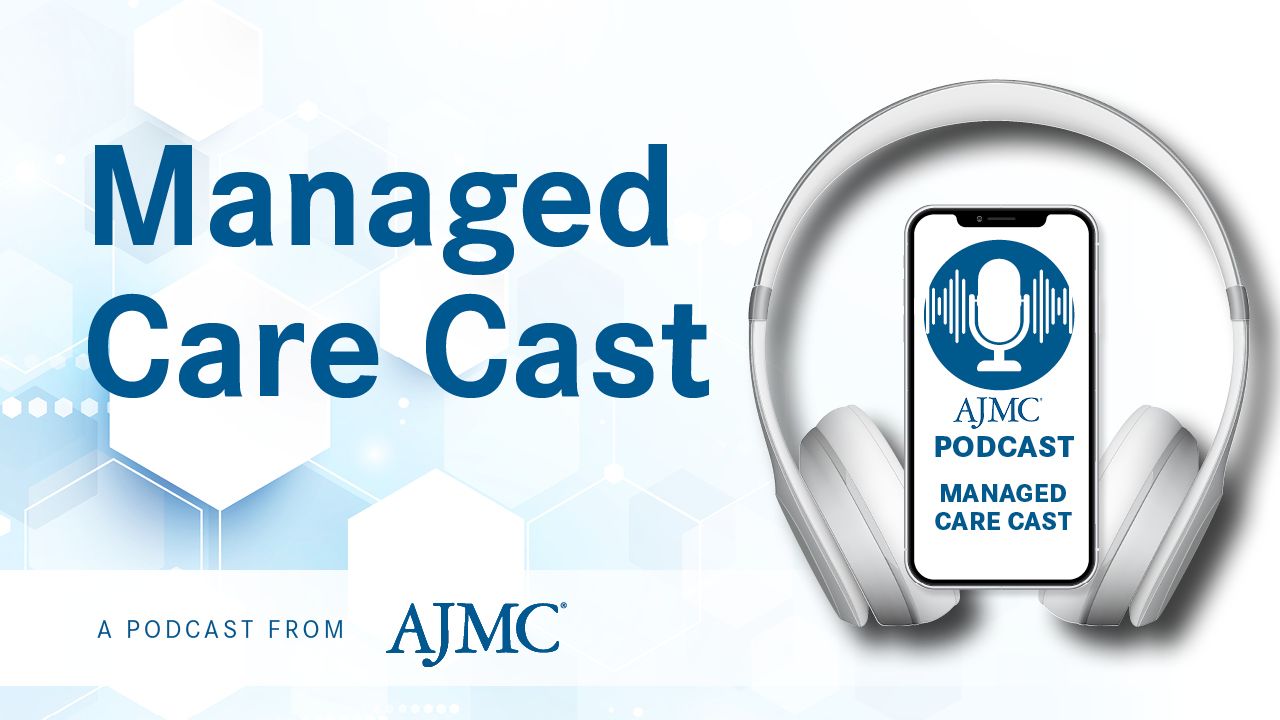Video
Health Care Consolidation Is Beneficial in Some Areas for Some Patients, Says Susan Sabo-Wagner
Author(s):
Patients with higher health literacy and access to resources to self-advocate are more likely to benefit from health care consolidation, discussed Susan Sabo-Wagner, MSN, RN, OCN, executive director of clinical strategy for Oncology Consultants of Houston, Texas.
Health care consolidation may be beneficial depending on levels of health literacy and ability for patients to self-advocate, but it is not helpful for patients without those resources, said Susan Sabo-Wagner, MSN, RN, OCN, executive director of clinical strategy for Oncology Consultants of Houston, Texas.
Which groups of patients would benefit the most from health care consolidation?
I thought about this one for a while. I guess in some areas consolidation—when I say “some areas,” maybe smaller towns that can that can manage a consolidation better—it might be helpful for anyone. In my opinion, in this area, I think consolidation would be better for more highly-educated, well-insured people, who can navigate a large system, and they can self-advocate.
If you have your less health-educated, more health-illiterate patient, who can maybe not afford the gas money or being able to just get into an appointment, or they have a distrust of a health system, in general, by bringing all that together in a consolidation, now you've got a bigger monster. It may not be a bad thing. It may not be a monster, but you get lost sometimes in those systems if you don't know who to start with or where to start. Especially if you are somebody who doesn't have a primary care provider, which unfortunately happens in so many cases. Where do you start when it's a big animal instead a smaller animal?
Then navigating and making sure everyone's doing their job. Things, in certain times, get dropped in a bigger machine, so to speak. Not that they don't get dropped when things aren't consolidated. But everybody leans on “Well, I put it in the computer and everything is supposed to be able to go.”
A lot of what I see for our patients that we deal with, that are underserved or underinsured and such, they are working. They don't have time to keep on us if we're not doing something or not getting back to them in time. And that’s sometimes what needs to happen regardless of the place. I just feel like the more consolidations that are happening, the more people get lost in a system. If you aren't able to keep yourself from being lost, you're not going to make it through the system.





